Protecting Multi-Dwelling Unit Internet Traffic Via Robust Cryptographic Protocols for Protect User Confidentiality and Information Accuracy
Protecting Multi-Dwelling Unit Internet Traffic Via Robust Cryptographic Protocols for Protect User Confidentiality and Information Accuracy
Blog Article
Within today’s digital landscape, protecting internet data is increasingly important than ever before, especially in Multi-Dwelling Buildings (MDUs) such as flat buildings and condo settings. These settings frequently have many tenants sharing the identical web connection, which can result to possible security risks. To guarantee that users' confidentiality and data security are protected, it is vital to implement robust encryption standards. Encryption is a technique that scrambles information, rendering it unreadable to individuals who do not have the correct key to decrypt it. This process aids maintain personal data safe from cybercriminals and unauthorized access.
A of the most commonly used encryption standards is Secure Sockets Layer (SSL) and its replacement, Transport Layer (TLS). These standards create a secure link between a user’s device and the web, ensuring that all information transferred remains private. When tenants in an MDU access websites that employ SSL/TLS, their private information, such as login credentials and credit card details, is secured. This implies that although if someone tries to intercept the information, they would merely see a jumble of letters and digits, rendering it almost unfeasible to comprehend. By encouraging the use of these protocols, MDUs can greatly improve the security of their tenants' internet actions.
Another crucial encryption technique is Virtual Secure Tunnel (VPN) technology. A view publisher site VPN creates a secure pathway for web traffic, which safeguards individuals from invasive eyes, particularly when using public Wi-Fi networks. In an MDU, in which numerous tenants may connect to the same service, using a VPN can assist guarantee that personal internet activities remain confidential. This is particularly crucial for activities including internet transactions or retrieving confidential information. By encouraging the adoption of VPNs among tenants, MDUs can cultivate a safer online environment and help protect against information breaches.
In addition to these encryption techniques, it is vital for MDUs to educate their residents about the importance of cybersecurity. Numerous individuals may not be conscious of the risks linked with using common web connections. Providing information on how to identify scam attempts, the importance of robust credentials, and the benefits of using secure sites can empower residents to assume charge of their online safety. Seminars or educational sessions can be effective ways to increase knowledge and encourage best practices for internet security.
Ultimately, MDUs should think about working with internet provider providers (ISPs) that emphasize safety and offer advanced coding features. By partnering with ISPs that implement robust encryption protocols, MDUs can guarantee that their tenants have access to protected web connections. This partnership can result to improved overall safety for the entire building, as well as enhanced confidence among residents. By implementing these measures, MDUs can create a more secure internet space, protecting resident privacy and data security in an ever more connected environment.